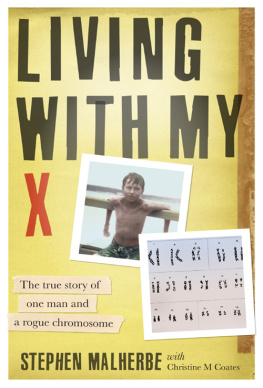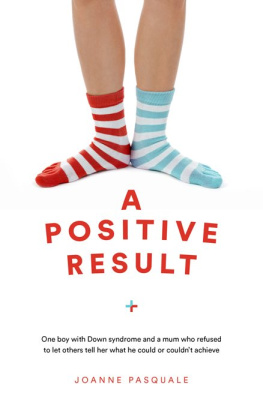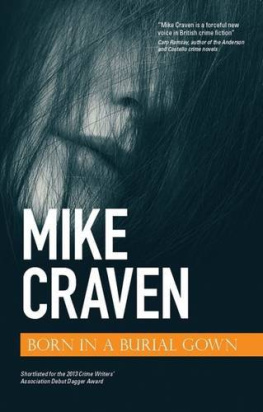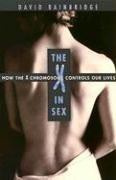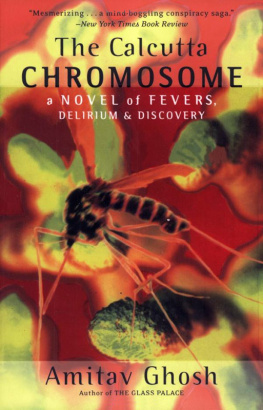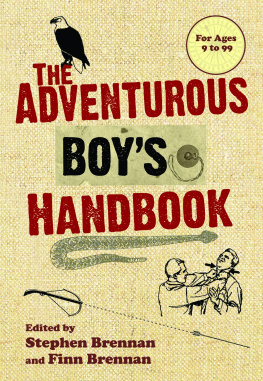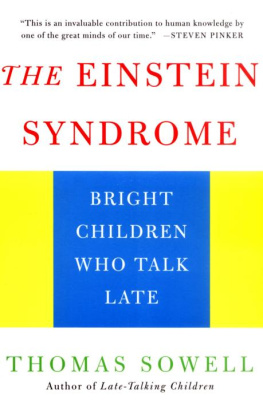LIVING WITH MY X
The true story of one man and a rogue chromosome
LIVING WITH MY X
The true story of
one man and
a rogue chromosome
STEPHEN MALHERBE
with
Christine M Coates
Published by Zebra Press
an imprint of Random House Struik (Pty) Ltd
Company Reg. No. 1966/003153/07
80 McKenzie Street, Cape Town, 8001
PO Box 1144, Cape Town, 8000, South Africa
www.zebrapress.co.za
First published 2010
Publication Zebra Press 2010
Text Stephen Malherbe 2010
All rights reserved. No part of this publication may be reproduced, stored in a retrieval system or transmitted, in any form or by any means, electronic, mechanical, photocopying, recording or otherwise, without the prior written permission of the copyright owners.
| PUBLISHER : | Marlene Fryer |
| MANAGING EDITOR : | Ronel Richter-Herbert |
| COVER DESIGNER : | Sean Robertson |
| TEXT DESIGNER : | Monique Oberholzer |
| TYPESETTERS : | Ilze van der Westhuizen and Monique Oberholzer |
| PRODUCTION MANAGER : | Valerie Kmmer |
ISBN 978 1 77020 042 5 (Print)
ISBN 978 1 77022 197 0 (ePub)
ISBN 978 1 77022 198 7 (Pdf)
This book is for you, Mom. Thanks for always being there for me and never giving up hope in me and my cause.
Contents
Acknowledgements
Firstly, I would like to thank Layla and Dawn dear friends who built me a computer from scraps and loaded basic software so I could start typing. The computer has since died, but they got the ball rolling leaving me with no excuse to procrastinate.
To Dr Louise Lindenberg thank you for the title of the book, which is both intriguing and deceptive.
To Maire Fisher for putting me in touch with Christine Coates.
To Christine Coates without her persistence, this book would not have exceeded fifty pages. I also owe you an apology, Christine, for the many times when you pushed my buttons and I reacted strongly I do know that it was necessary.
To Zebra Press (an imprint of Random House Struik) for having enough faith in the manuscript to publish it.
To my sister Christine, who initially resisted adding her bits worth but finally succumbed and told it like it is.
To Tina, my friend and girlfriend for all the times that you put up with my emotional lows. I feel that this book could never have been completed without your patience and understanding. Thank you.
Foreword
Its often easy to trace our physical characteristics back to one of our parents, or even beyond. Thus, Shes got her fathers nose, her grandmothers green eyes and, heaven forbid, her mothers bum!
These genetic traits are manifestations of our genetic makeup. The traits we inherit determine our physical make-up and are the result of a random and, perhaps, chance mix that occurs at the moment the father and mothers genes meet in the miasma of fertilisation.
Sometimes things go wrong. Perhaps the swapping of genetic material does not occur as nature has intended. The normal human cell contains forty-six chromosomes; half are derived from the fathers sperm cell and the other half from the mothers egg cell. Chromosomes consist of the long strings of DNA molecules arranged in sequences called genes. These genes not only determine our appearance, but also the hormonal and other rhythms of our biological lives. Thankfully, while we may look like our parents, we are not identical to them!
The twenty-third pair of chromosomes is known as the sex chromosome. This pair distinguishes male from female. Females have two X chromosomes ( XX ), and males have an X and a y chromosome. Klinefelters syndrome people have been dealt an extra X chromosome ( XXY ).
In this book Stephen describes the profound effects Klinefelters syndrome had on his puberty, fertility, growth and development. He describes his journey through a turbulent life; a journey fraught with misunderstandings of his condition and littered with broken relationships. He seeks love and acceptance. In this, he is no different from the rest of us.
But what about personality and behaviour? How much can be ascribed to our genetic make-up (nature) and how much to our upbringing or environment (nurture)? This debate has raged for decades, with behaviourists and geneticists flinging examples of returning salmon, migrating birds and identical twins across ill-lit halls.
Currently there is a growing body of evidence that suggests that genes can affect behaviour, which may explain the character traits we inherit from our parents. In Stephens case, I am left wondering. I have no doubt that Klinefelter, with its protean physical afflictions, may also directly affect personality. I also strongly suspect that growing up and living in an environment that does not understand this condition may have worse psychological or behavioural effects than the condition itself. Ignorance and misunderstanding may severely compound the problems of the person who has to live with the physical and psychological burden of an extra chromosome.
Stephens book is a disarmingly honest and courageous step in bringing these problems to the fore.
Dr Graham Ellis
Specialist physician
Somerset West
Each human body contains twenty-three pairs of chromosomes in each cell of the body. Each cell contains genes that determine our features, our colouring and our sex. Women have two X chromosomes one from each parent. Men have an X chromosome from their mother and a y chromosome from their father. Klinefelter individuals have an additional X chromosome hence a total of forty-seven chromosomes.
PART ONE
Of milk teeth, brittle bones and very thick glasses
1
The Force
The year is 1975, a hot and humid day in January one of the hottest months of the year. It is eighteen months prior to one of the most significant events in the history of South Africa 16 June 1976, the Soweto riots, a bloody day in the history of my country, and a day that changes everything. But for the moment I am still locked into the system that determines that I have to serve in the South African Defence Force.
Apartheid has South Africa in its grip, and every white male over the age of sixteen, born and bred here, has to go off and fight be it in the army, navy or air force for two years. Should I choose not to go, the government can sentence me to prison for the same period of time.
I am seventeen and about to start my compulsory military training in the air force. It is a big day for me. I will now be perceived to be a man, not a boy. It is an initiation that will prove my manhood; something Ive been at pains to prove for years. I am very afraid. Fear: I feel as though I have been kicked in the stomach. My thoughts are all a-jumble and I cannot concentrate. I have no real idea of what to expect. I have only hearsay about awful treatment my brother and his friends love to tell of the horrors of the army. I dont even know what to expect of myself. We have all heard the propaganda: The communists are coming south, they are going to take over South Africa. Every night the radio and television report endlessly on the situation up north or on how our boys are dying on the border for their country. Will I be another statistic?
I wake up in the morning at six oclock, sweating. Is it the heat of January or is it my nerves? Perhaps this is how it feels to be going off to war. My military training starts in a few hours. I never wanted this; I am crying inside, but of course I cannot show it to the world. Boys dont cry. My brother, Johnny, and a friend are taking me to Pretoria. I almost wish an accident or something horrific would just stop the day now.

